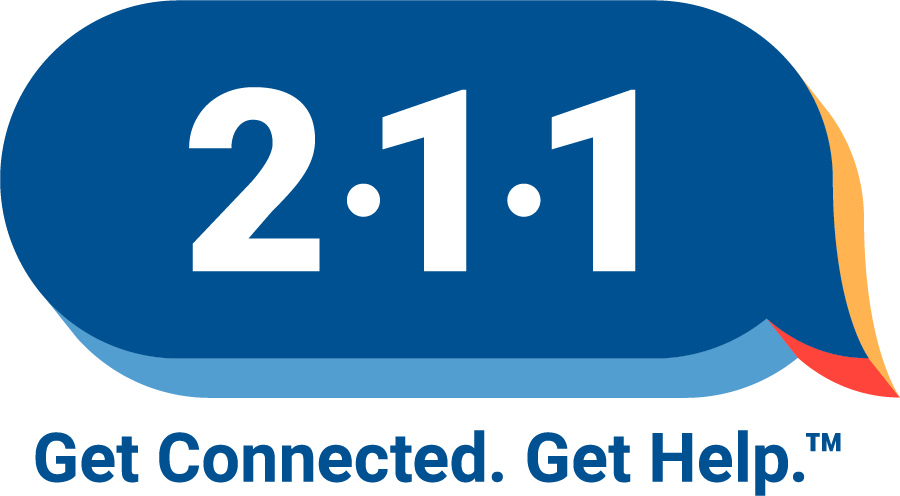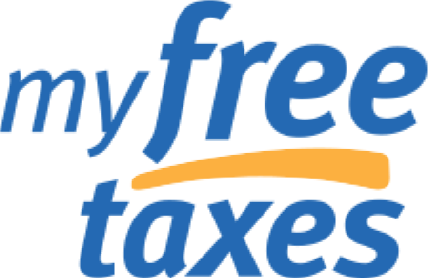United Ways of California believes that education is the foundation for a vibrant and sustainable future. All children deserve the opportunity to enter school ready to succeed, attain academic success, and gain the tools they need to live a long, healthy, and productive life.
California’s United Ways are working to improve educational outcomes by helping students:
Children learn best in loving, nurturing relationships and through everyday experiences. Whether children are at home, with relatives or friends, or in childcare, the quality of early experiences is key to later school success. In addition to improving long-term educational outcomes for students, the Center for Labor Research and Education at the University of California at Berkeley reports that every dollar invested in early childhood education can yield up to $7.16 in benefits for the California economy (through saved health care costs, job opportunities, state and local tax revenue and more).
California’s United Ways are leading initiatives to improve the quality of childcare, family support, early intervention, and public awareness activities to equip parents to make the best choices for their families.
Click here to learn more about United Way of San Luis Obispo’s on helping children and youth reach their potential.
According to the 2019 National Assessment of Educational Progress, most commonly referred to as the “Nation’s Report Card,” approximately 32% of 4th-grade students are proficient at grade level in the state of California. Although this is a slight improvement from 2018, California continues to score below the national average. Further, the persistent achievement gap among racial groups means that there is still much to accomplish as a state.
California’s United Ways are working to improve literacy rates by developing partnerships with local school districts, fostering parent engagement, engaging in state advocacy work and more.
Click here to learn more about United Way of Santa Barbara and United Way of Northern Santa Barbara’s United for Literacy program.
Middle school is a critical time for California’s children, both academically and in their potential for future earnings. According to a report by ACT, “eighth-grade students’ academic achievement has a larger impact on their readiness for college by the end of high school than anything that happens academically in today’s high schools.”3 Hence, these formative years are crucial in forming who these children will be as people and their opportunity for life success.
United Ways throughout California are working to address challenges common to middle school-aged children by investing in nutritional programs, school supplies and mentoring services that provide children opportunities to success both now and in the long-term.
Graduating from high school is one of the preliminary indicators of whether a young person can break away from family cycles of poverty. However, many high school students in California fail to graduate on time. The California Department of Education reports that only 83% of high school students who started school in 2014 graduated with their class in 2018. During that time, 48,453, or 10%, dropped out of school. The highest dropout rates were seen among the following student groups: American Indian/Native Alaskan, Foster & Homeless Youth, and English Learners.
Nationally, United Way is deeply involved in the work to increase the graduate rate through two key partnerships – with America’s Promise, a leading national organization working on dropout prevention, and with the Ready by 21 Partnership, a national coalition dedicated to ensuring that all students are prepared for college and/or the world of work.
Locally, United Ways are working with school districts and education partners to ensure students are motivated to stay in school through effective wraparound services such as school and peer mentoring programs, counseling services, SAT preparation and more.
Click here to learn about United Way of Orange County’s Education Initiative—Destination Graduation.
The Georgetown University Center on Education and the Workforce states that 35% of all job openings in the United States require at least a bachelor’s degree to compete in the marketplace. Perhaps more importantly, some economic forecasts predict that each additional year of education can translate up to an 8% increase in earnings over a lifetime.
At United Ways of California, we believe that educational attainment is the fundamental pathway out of poverty. By furthering educational attainment, students can gain the skills and knowledge assets necessary to compete in the 21st century and obtain the quality health and financial sustainability outcomes they deserve.




